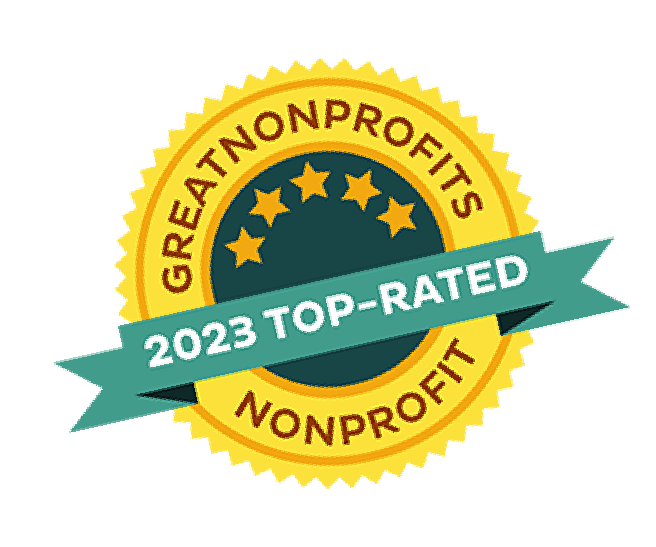Life Skills Development
Program (LDP)

Help restore dignity and hope to Atlanta's youth in impacted by foster care.

Help restore dignity and hope to Atlanta's youth in impacted by foster care.
As youth turn 12, they enter our Life Skills Development Program (LDP), designed for ages 12–17. LDP provides consistent opportunities for growth through monthly virtual meetings, held the first Tuesday evening of each month. Youth connect with peers and explore real-world topics such as identity and self-esteem, healthy relationships, effective decision making, self-care and mental health, safe technology use, college and education opportunities, career exploration, and money management.
Participants are grouped by age—Explorers (12–14) and Trailblazers (15–17)—and each session features guest presenters and open discussions in a safe, supportive space. In the summer, youth bring their learning to life at camp, where collaboration, hands-on activities, and leadership challenges help deepen their understanding of themselves and their community. Whether online or in person, LDP empowers youth to build confidence, strengthen social bonds, and develop the tools they need to thrive.
These areas of emphasis were developed based on research identifying the core life skills that most influence healthy development and long-term success for youth impacted by foster care. In the LDP program, these topics are woven into monthly sessions and summer experiences through guided discussions, interactive activities, and exposure to diverse perspectives—meeting youth where they are while equipping them with tools for the future.

Participants will explore post-secondary pathways and career options, gaining confidence in setting goals and taking actionable steps toward their future.

Participants will strengthen their ability to express themselves clearly, listen actively, and navigate challenging conversations with peers and adults.

Participants will develop habits that support both mental and physical health, with an emphasis on self-care, emotional regulation, and making safe, informed choices.

Participants will learn to build and maintain healthy relationships by understanding boundaries, respect, empathy, and the dynamics of trust.

Participants will grow their understanding of money management through lessons on budgeting, saving, and making responsible financial decisions.